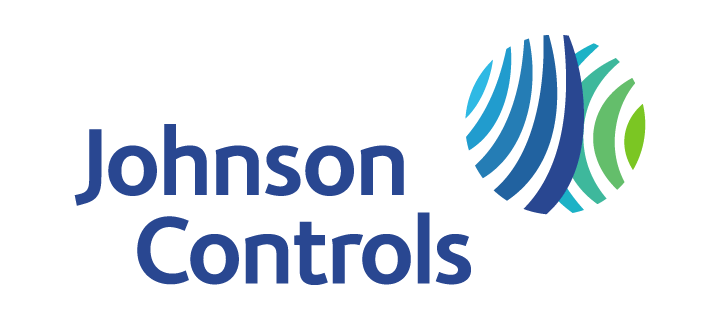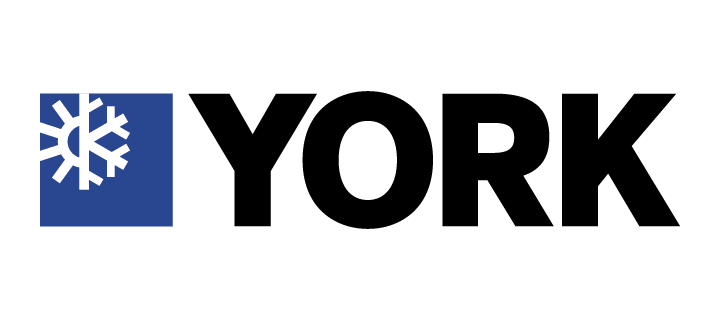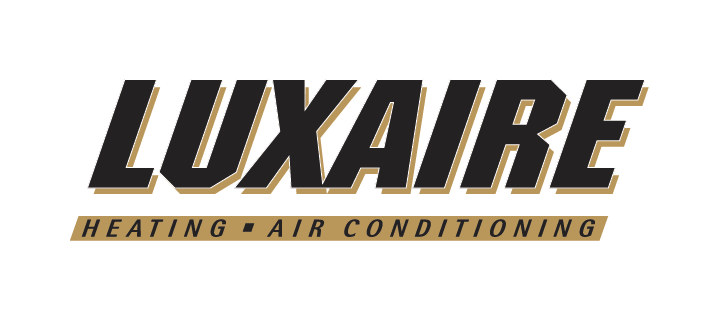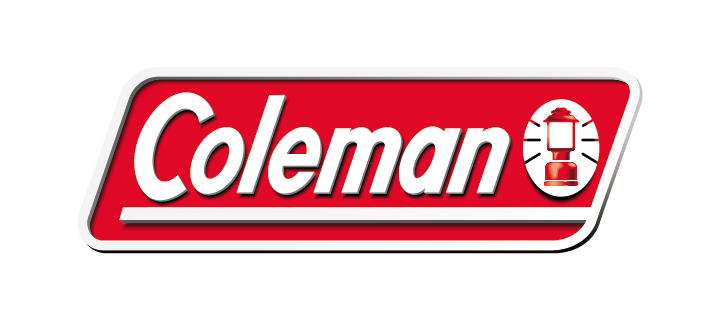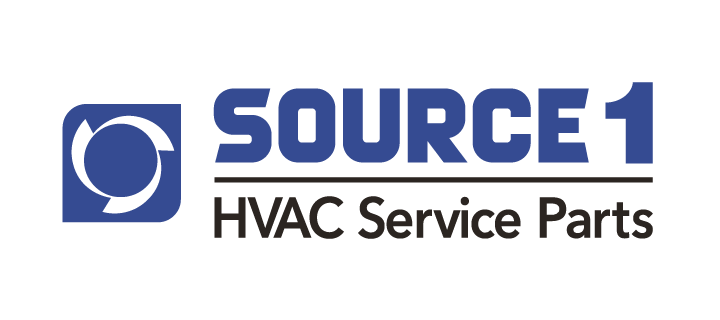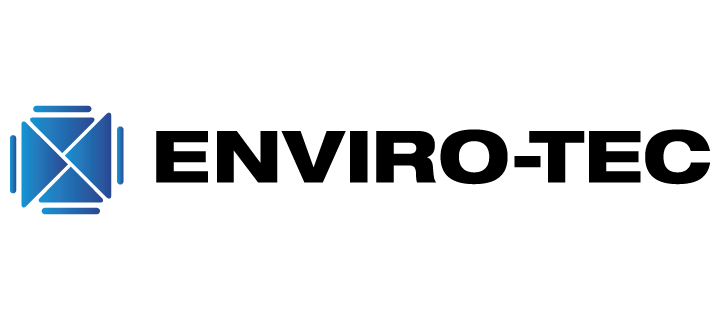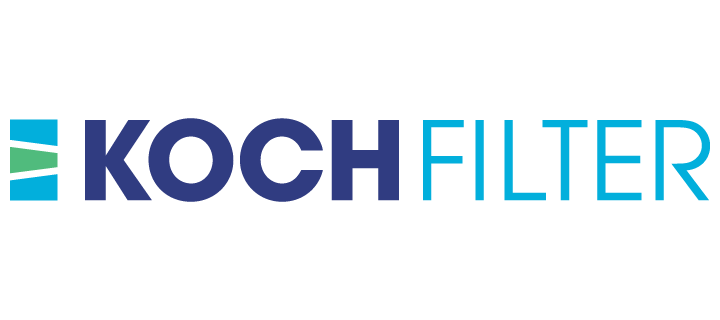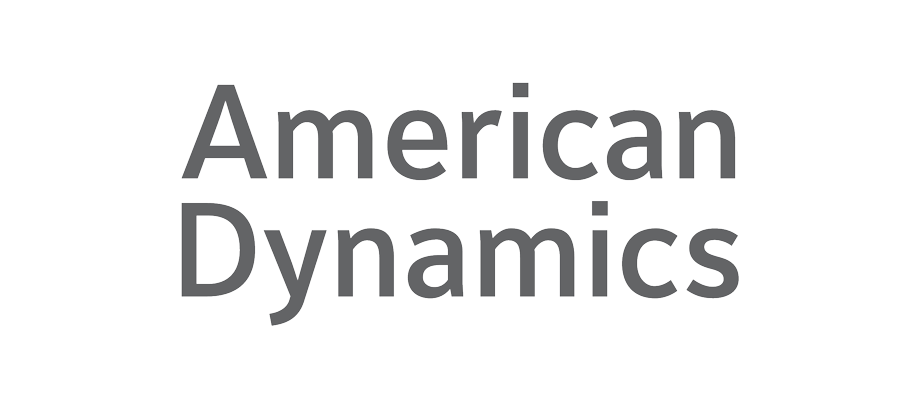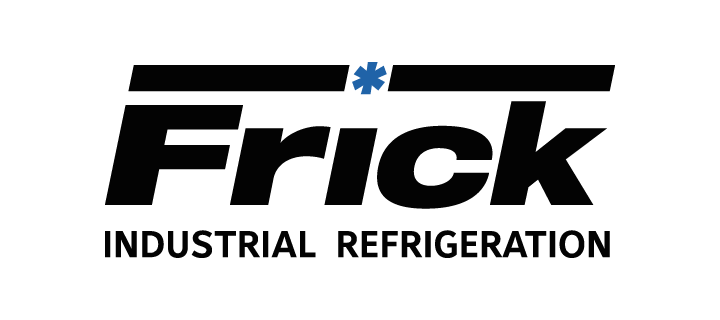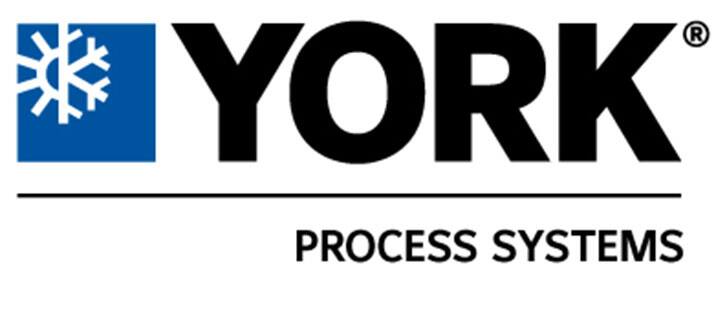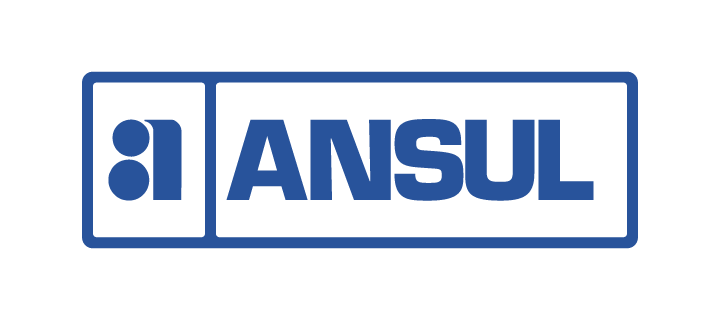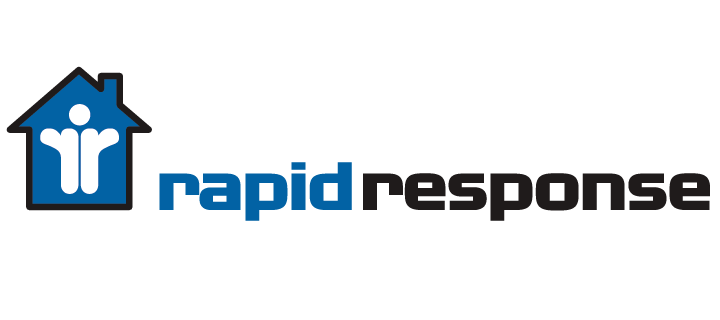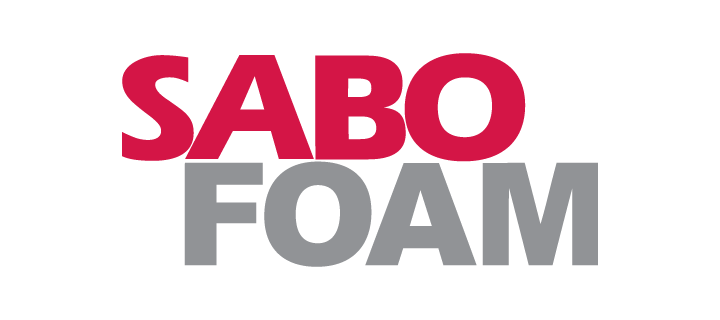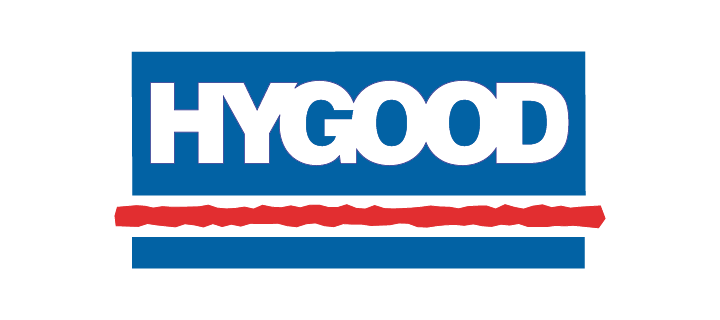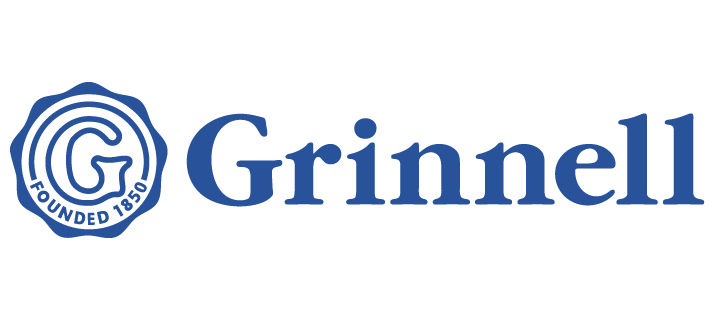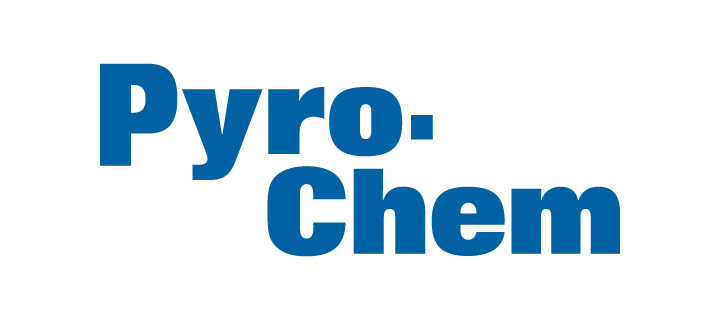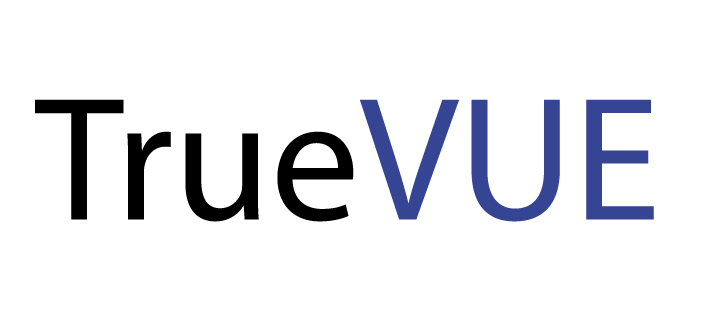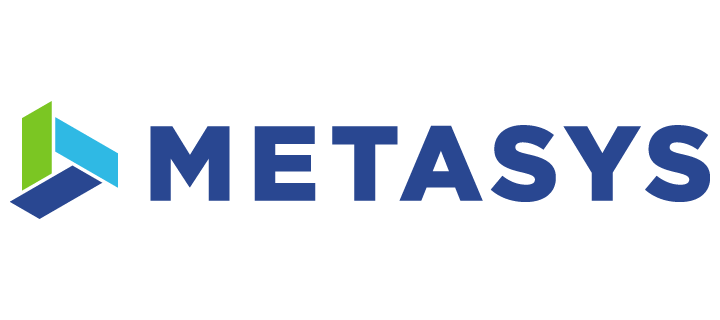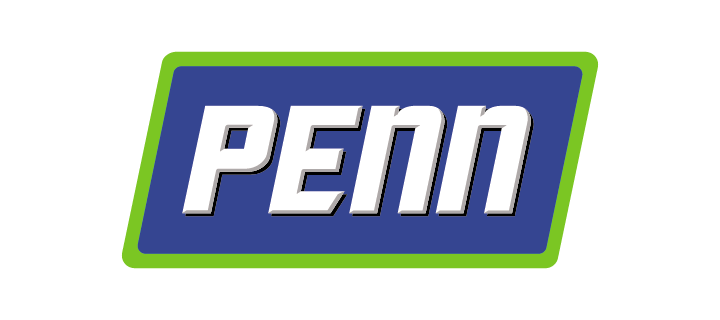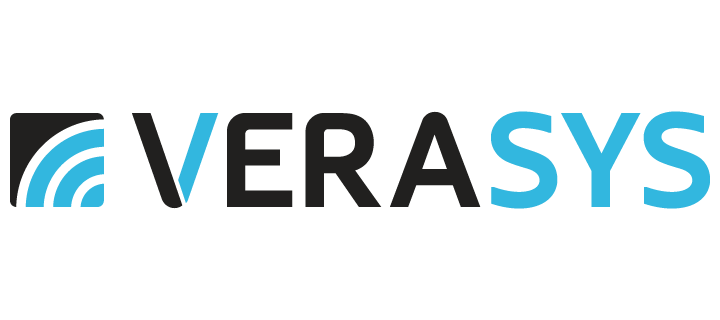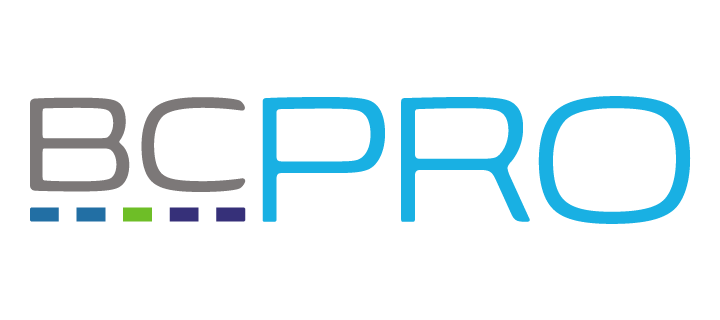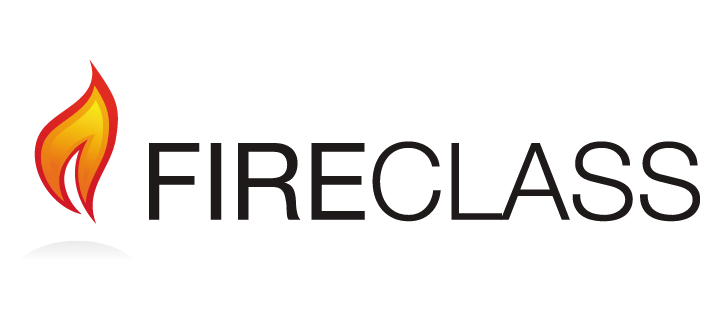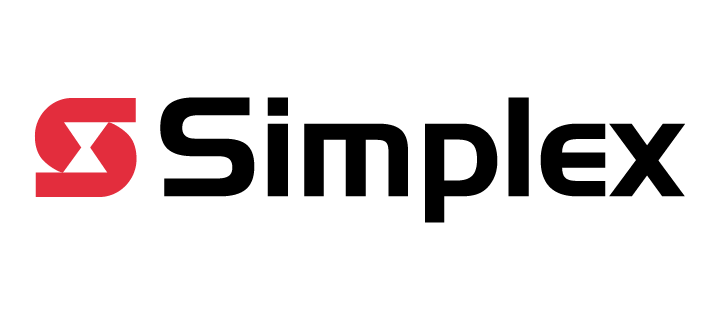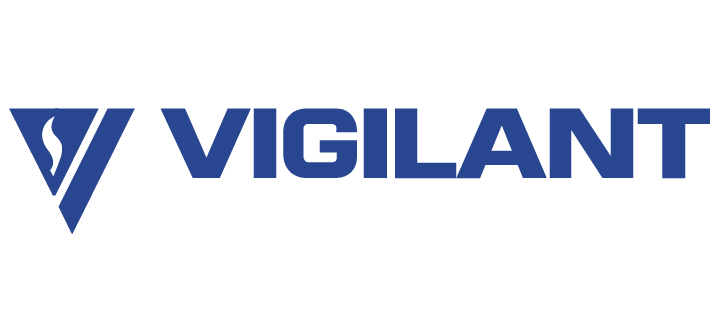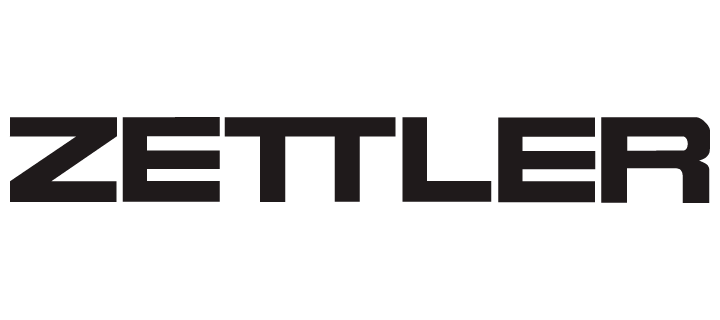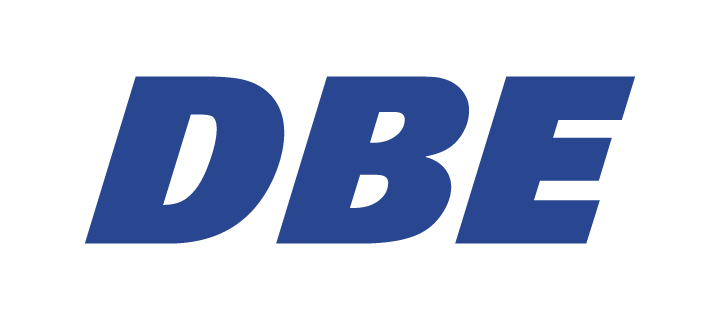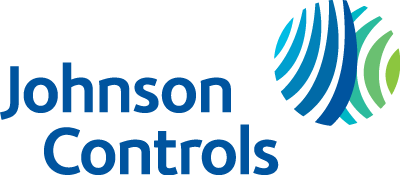Global Directory
- Anguilla - English
- Antigua & Barbuda - English
- Aruba - English
- Bahamas - English
- Barbados - English
- British Virgin Islands - English
- Cayman - Islands - English
- Curacao - English
- Dominica - English
- Dominican Republic - Español
- Grenada - English
- Guadeloupe - English
- Haiti - English
- Jamaica - English
- Martinique - English
- Puerto Rico - English
- Puerto Rico - Español
- Saint Barthélemy - English
- Saint Kitts and Nevis - English
- Saint Lucia - English
- Saint Martin - English
- Saint Vincent & The Grenadines - English
- Trinidad & Tobago - English
- Virgin Islands - English
- Austria - Deutsch
- Belgium - Français
- Belgium - Nederlands
- Bosnia & Herzegovina - English*
- Bulgaria - English*
- Croatia - English*
- Czech Republic - Čeština
- Denmark - Dansk
- Finland - Suomeksi
- France - Français
- Germany - Deutsch
- Greece - English
- Hungary - Magyarország
- Ireland - English
- Italy - Italiano
- Macedonia - English
- Netherlands - Dutch
- Norway - Norge
- Poland - Polski
- Portugal - Português*
- Romania - Romanian
- Russia - Русский
- Serbia - English
- Slovakia - Slovenčina
- Spain - Espanol
- Sweden - Swedish
- Switzerland - Deutsch*
- Switzerland - Français*
- Switzerland - Italiano*
- United Kingdom - English

-
Products and Solutions

OpenBlue is powering impactful sustainability, respectful safety and security, while delivering an enhanced customer experience.
Learn more about OpenBlue -
Lifecycle Services

Our highly trained technical and product specialists deliver customized predictive and planned maintenance programs developed for individual facility needs.
Learn more - Solutions by Industry
- Insights
-
About Us
Global Directory
- Anguilla - English
- Antigua & Barbuda - English
- Aruba - English
- Bahamas - English
- Barbados - English
- British Virgin Islands - English
- Cayman - Islands - English
- Curacao - English
- Dominica - English
- Dominican Republic - Español
- Grenada - English
- Guadeloupe - English
- Haiti - English
- Jamaica - English
- Martinique - English
- Puerto Rico - English
- Puerto Rico - Español
- Saint Barthélemy - English
- Saint Kitts and Nevis - English
- Saint Lucia - English
- Saint Martin - English
- Saint Vincent & The Grenadines - English
- Trinidad & Tobago - English
- Virgin Islands - English
- Austria - Deutsch
- Belgium - Français
- Belgium - Nederlands
- Bosnia & Herzegovina - English*
- Bulgaria - English*
- Croatia - English*
- Czech Republic - Čeština
- Denmark - Dansk
- Finland - Suomeksi
- France - Français
- Germany - Deutsch
- Greece - English
- Hungary - Magyarország
- Ireland - English
- Italy - Italiano
- Macedonia - English
- Netherlands - Dutch
- Norway - Norge
- Poland - Polski
- Portugal - Português*
- Romania - Romanian
- Russia - Русский
- Serbia - English
- Slovakia - Slovenčina
- Spain - Espanol
- Sweden - Swedish
- Switzerland - Deutsch*
- Switzerland - Français*
- Switzerland - Italiano*
- United Kingdom - English
- Home
- Environment
- Reporting & Policies
Our Sustainability Reporting and Policies
Johnson Controls is proud of our sustainability efforts and we have publicly reported sustainability data since 2002. Learn more by checking out the following reports and policies:

Since 2003, we have reported sustainability data in accordance with the GRI guidelines. We do what we say we will do and are transparent about where we can improve.
Our sustainability reports are prepared in accordance with the GRI Standards. We are also a SASB Reporter, utilizing the SASB Standard for the Resource Transformation Sector – Electrical and Electronic Equipment in the reports.
- View the 2022 report The report includes our bold environmental, social and governance commitments, progress toward our sustainability goals, and the opportunity we have to work with our customers to build a low-carbon economy for healthy people, healthy places and a healthy planet.
We disclose our climate-related financial risks consistent with guidance from the Task Force on Climate-Related Financial Disclosures in the CDP Climate Change disclosure. In 2022, the Company updated our climate-related risk and opportunity scenario analysis consistent with TCFD guidance, and we use that analysis to identify the most critical climate-related risks and opportunities and to develop management strategies for mitigating risks and capitalizing on opportunities. We integrated climate-related risks into our formal Enterprise Risk Management process to ensure the use of a consistent risk framework across the enterprise and to create accountability and visibility up to and including the board.
We follow TCFD’s recommendations for disclosing clear, comparable and consistent information about the risks and opportunities presented by climate change in accordance with the TCFD framework.
We promote economic, social and environmental practices that benefit our customers, employees, shareholders and communities. This annual report highlights our performance and achievements in these areas.
OUR COMMITMENTS
Since the UN negotiations in Bali in 2007 The Corporate Climate Communiqués have set out a concise business case for an ambitious, robust, effective and equitable UN climate framework. They have offered a progressive global consensus on the shape of an international agreement and on the national policy that is needed for countries to deliver on the global goal.
We endorse the Global Alliance for Energy Productivity goal to double global energy productivity. To help reach this goal, we will: Commit to using our sphere of influence to improve energy productivity within our business, organization, community, state/province, or nation; Share solutions, success stories, and progress with other leaders in energy productivity; and Encourage other organizations, businesses, and government entities around the world to endorse the Global Alliance goal.
EP100 is a global, collaborative initiative of influential businesses that pledge to double their energy productivity.
The “Responsible Corporate Engagement in Climate Policy” initiative aims at making sure companies’ engagement on climate policy is comprehensive, aligned, and transparent by asking companies to commit to adhering to a set of best practice steps to more effectively support a 1,5/2° trajectory.
